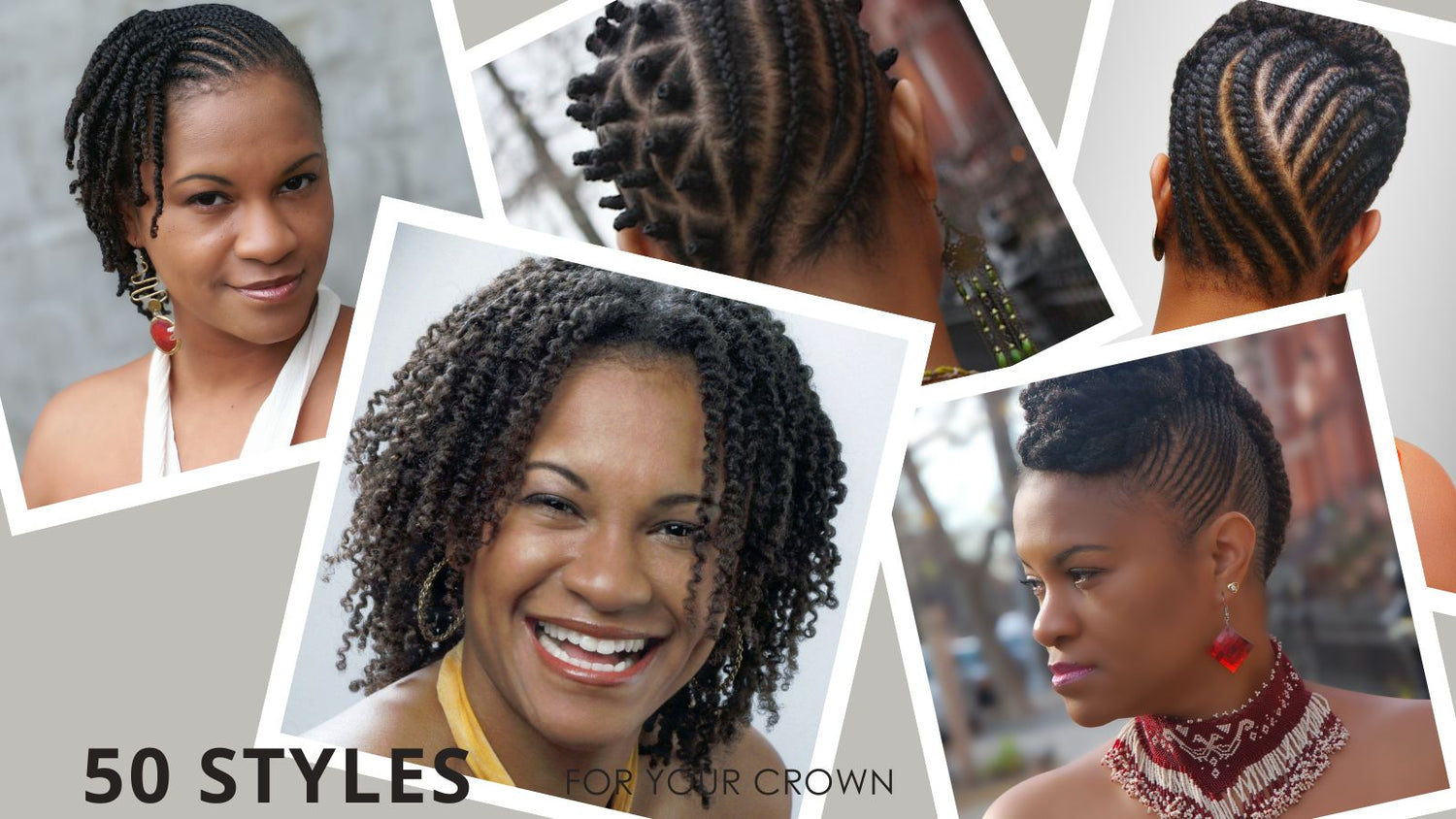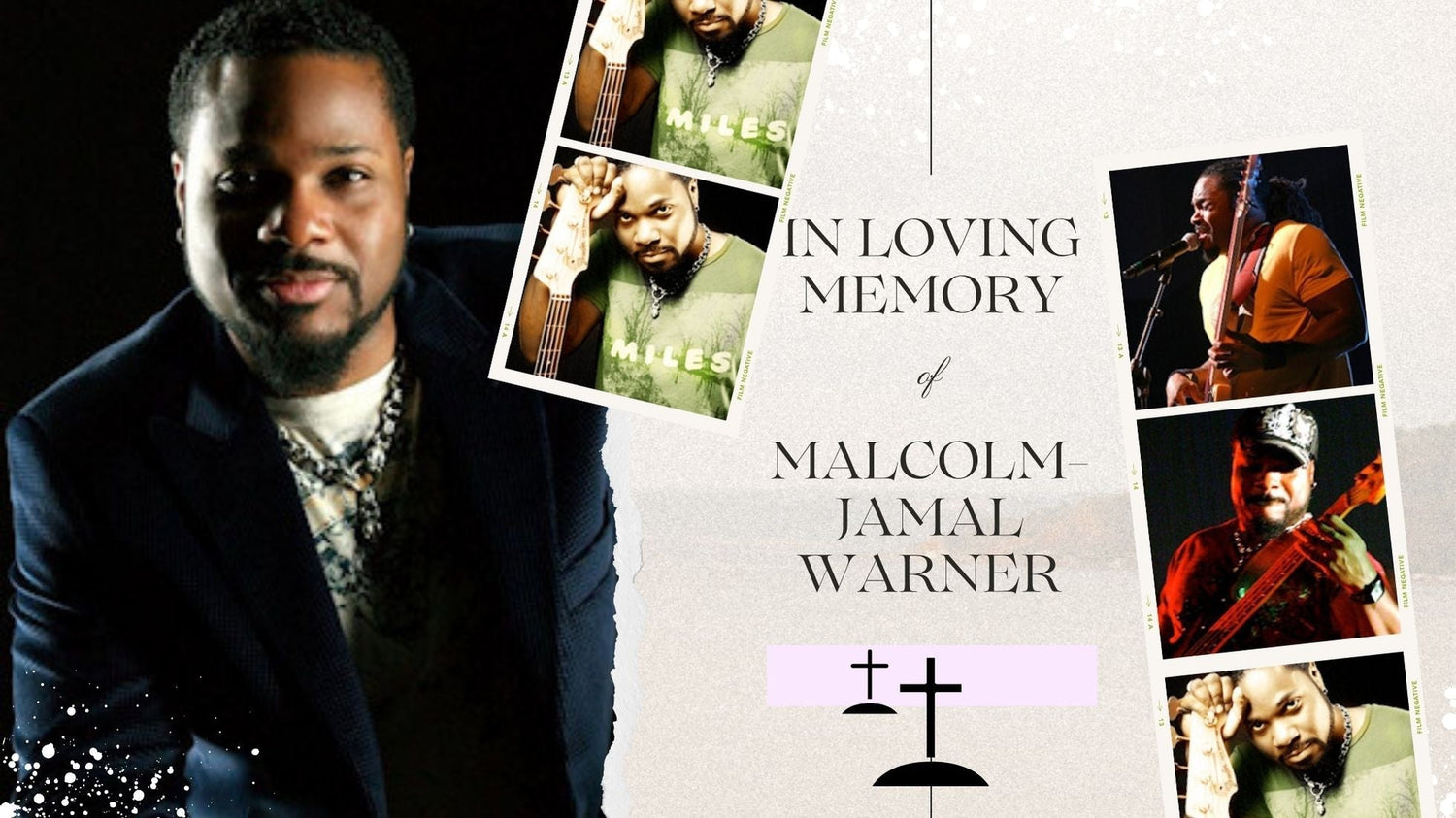Hello there, I have been wearing my hair in natural styles for many, many years. I am 72 now. One reference to the style of wearing LOCS always feels insulting. My hair is not DREADful, so why do WE continue to call it so? DREAD LOCS was originally referring to black hair worn “locked” and the people who called the style so believed the hair was dirty, unkempt and dreadful!!!!!!!!!
As far as I’m concerned the D word is akin to the N word…it’s time to change that, don’t you think?
Blessings

Your feedback is appreciated
The message was sent to me by one of our members after my last newsletter about the dreadlocks going to the supreme court. As with all feedback, I am very thankful for people taking the time to voice their opinion, sending feedback or correct me if I make mistakes. In this case I couldn’t immediately respond though because I read about this theory a long time ago but I didn’t subscribe to it because I have learned a different history.
First I want to say that if you’ve been following me, even for a little minute, you know that the last thing I ever want is to disrespect another natural opinion let alone our hair. Of course I realize that that doesn’t mean that I can’t be wrong or still might hurt someone’s feelings and for that I sincerely apologize. Although I am not a professor on this subject, I did do my diligence and research so I hope that people who disagree will at least take a look at where I come from.
History of Dreadlocks
1960, from dread + locks (see lock (n.2)). The style supposedly based on that of East African warriors. So called from the dread they presumably aroused in beholders, but Rastafarian dread (1974) also has a sense of “fear of the Lord,” expressed in part as alienation from contemporary society.

Dreadlocks/Locs Sculpture at the WhatNaturalsLove Hair & Fashion Show
The meaning of Dreads in Jamaica
I’ve also been on and around natural hair boards long enough to know about this side of history which I subscribe to from BlackNaps on Nappturality:
I was curious about this feeling, when I had dreadlocks or locs I had no problem calling them either or and I wonder about the negativity behind the term. So I decided to ask my father who was born and raised in Jamaica. Through this conversation I discovered Jamaicans use the term “dread” as a term of respect, just like you would use “Sir” to address someone you are not familiar with and would like to show respect to.
Jamaican Patois Definitions of Dread
- A person who has dreadlocks
- Greeting to friend
- Expression of a good idea
- Awe or astonishment
She continues and explains: Now here is where the confusion sets in: “Dreadful power of the holy”
Now this Jamaican Patois definition is derived from the religious roots that dreadlocks have. People feared and respected those who wore dreadlocks. Those who were associated with dreadlocks were thought of as holy and powerful.
They were thought to have this spiritual connectedness with the divine that separated them from the others. If you were to even speak with a present day Yogi they would tell you that their journey separates them from the world around them.
Nina Leverne who has locs herself and manages the page and website Men with locs, said the following: This is what I have learned so to me there is indeed nothing dreadful about dreadlocks. Still it seems that the idea that dread in dreadlocks signifies dreadful is everywhere so I asked around.
Dread-locks not acceptable for some
Historian, teacher and photographer Solwazi Afi Olusola however, is extremely passionate about the term and tried to convince me to see it differently.
He took his time to explain nearly the whole history of the Rastafari movement to me, how it started, when it started, why it started. Though I knew about it in general, he helped me get a much better understanding of it all.
What I did know and totally understand is that the Western world, considered everything about Rastafari movement dreadful. The hair, the lifestyle was looked down upon also by people in Jamaica, especially at the time it started.

Long Microlocs at the WhatNaturalsLove Hair & Fashion Show
So, Solwazi’s explanation is that as Black people often do, they flipped the word “dread” giving it a positive spin as we have seen Michael Jackson did with the word “Bad” and even with the N-word. Now here is where I disagree.
As much as I respect the historian’s vision, knowledge and insights, I can’t agree with him on the fact that the Rastafarians flipped the word. Here is why.
The N-word is American made. It stems from an extreme violent history and culture of which all of you decided that as Oprah mentioned, there is too much pain connected to that word, so much so that it is banned as a racist slur. More than just respecting this, I am in total agreement with it. There is a difference when it comes to the word dreadlocks though.
The main argument that I hear against the word is that it can’t be used because it was invented by the Western world to derogate Rastafarians. Also, mind you this is from an American perspective.
All though we have a history in common with the same roots, Jamaica is still a different nation. Not only do the same words have a different meaning, it is also an island where Black people are a majority.
As a woman growing up in a more or less similar society where Black people are a majority, I know for a fact that we see and experience things differently.
The way I see it the word dread is not flipped it does has a different meaning as BlackNaps explained.
Lifestyle vs Hairstyle
When you ask Rastafarians about this, many will tell you that the difference between locs and dreadlocks is that one is a hairstyle and the other one is a lifestyle. The hairstyle is cultivated, dreads are not. They are free-formed to make a statement. That I do understand and respect.
Still today Rastafarians use and see the word “dread” as separating themselves from society for a greater cause.
Since I am not a Rastafarian and my locs are cultivated, my hair would be just locs. So in theory, if people would ask me if I had dreadlocks I would explain to them well I am not a Rastafarian but I do have locs yet I would still not be offended by the term dreadlocks.
Although locs weren’t invented by Jamaicans, it is because of this little island’s Bob Marley that today’s world know them as dreadlocks.
For me, not to use the word because the Western world used it against you, your values and everything you stand for, is giving the Western world too much power. That to me is oppression.
The way I see it the Jamaican interpretation has always been on point still I realize that I am a minority here.
Inspired by my member’s email I used my trip to BAM to ask people with locs how they refer to their hair. You can see the results.
From this little example you can see the difference in response from people from the islands. I don’t think this one post will allow us to get consensus but hopefully we get a sense of where both parties are coming from. Of course I look forward to your opinion as well.






2 comments
https://www.instagram.com/reel/CnIIF9iPaoh/?igshid=MzRlODBiNWFlZA==
Interesting read
But I still find ‘dread- dreadful’ to be an English word with negative connotations. Nothing dreadful can be synonymous to supremacy or an ideal.
I don’t know what languages are spoken in Jamaica but it would be inventive if they could come up with a new positive concept for this hairstyle.
Lifestyle or hairstyle:
Whichever the case may be, whether it’s free form or cultivated; I think none should be aligned to a derogatory concept of ‘dread…’
In conclusion, for me as a Black woman embarking on spiritual journey, embracing my full identity, and having transitioned from wigs & weaves to locks; I would like a term that embraces the hair or hairstyle as opposed to the term dreadlocks.